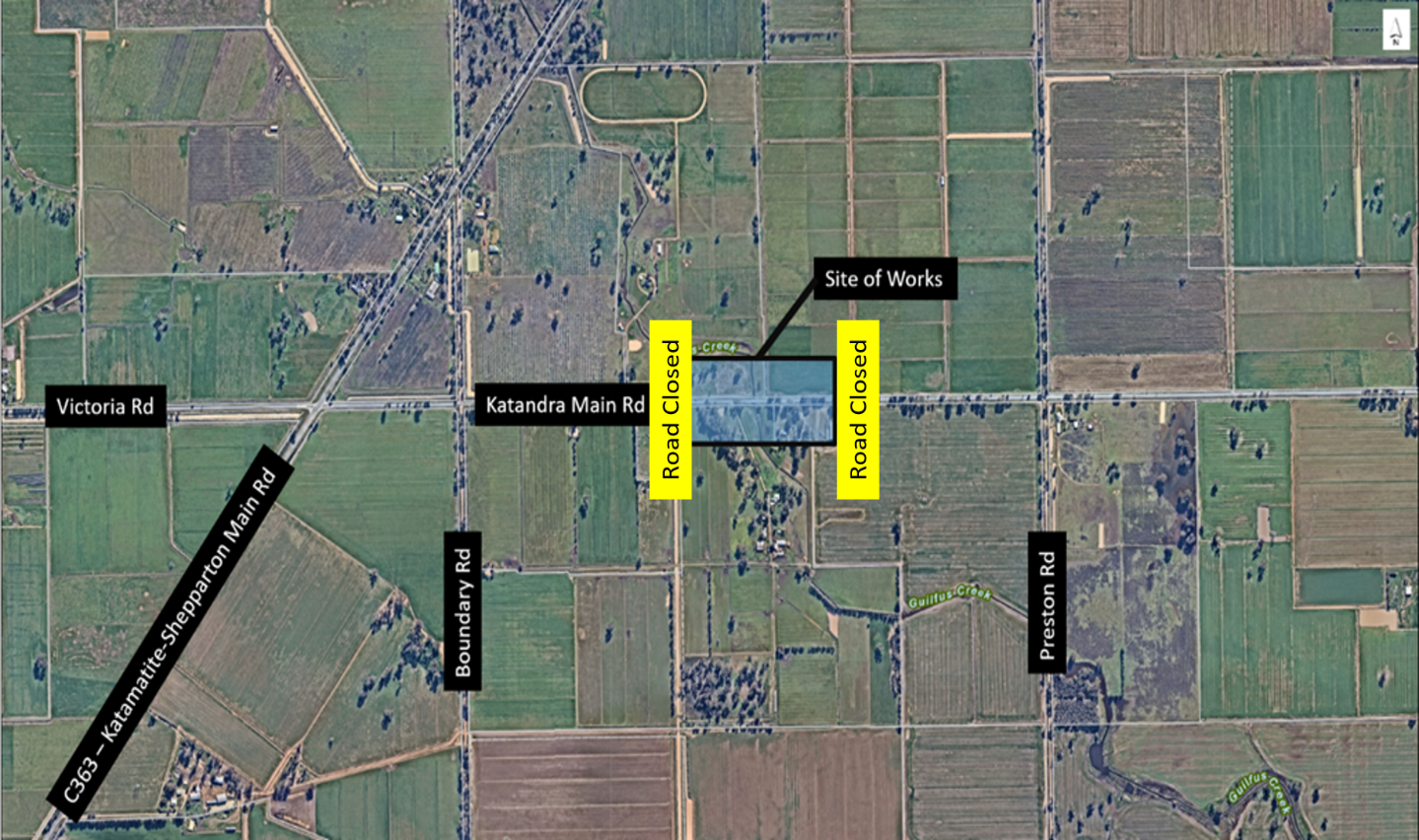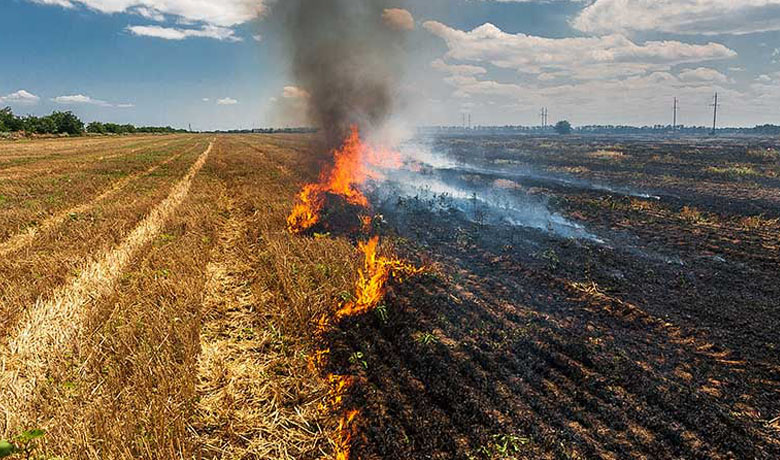
Cancer Council WA is using Men’s Health Week (June 15 – 21) to urge employers and employees to learn more about carcinogens in the workplace as recently published data shows Australian men have four times the rate of death from cancers caused by exposure to occupational carcinogens compared with women1.
Cancer Council WA Cancer Education and Screening Manager and Deputy Chair of the National Occupational and Environmental Cancer Committee, Melissa Treby, said Australians should be able to conduct their working life without adding to their risk of cancer.
“Data shows an estimated 2.7 million Australian men – 58 per cent of the male working population – are potentially exposed to one or more cancer-causing agents at work, particularly those who hold a trade and are residing in regional areas2,” Ms Treby said.
“These are alarming and confronting statistics.
“Known carcinogens should, as much as possible, be removed from the workplace and where this isn’t possible, all reasonable steps should be taken to minimise the exposure and the associated cancer risk.”
Ms Treby said in 2017, there were more than 30 male deaths per 100,000 population compared with almost 8 female deaths per 100,000 population caused by occupational carcinogens3.
“Occupational and environment cancers come in many forms including silica dust, diesel engine exhaust, fumes and UVR from welding, asbestos, solar UVR and environmental tobacco smoke,” she said.
“We urge everyone who might be exposed to these at work to jump on to the KNOW Workplace Cancer website to see what they can do to reduce their risk.”
Gascoyne resident Graham Jenkins knows all too well the dangers that come from not wearing protective gear when welding or working outdoors.
“Many years ago, I was welding at a nursery up north and decided to take my shirt off because of the heat,” Graham said.
“I was in my helmet and shorts, with no other protective gear on. I got severely burnt on my forearms and chest from the UV light from welding. I remember being so shocked that something like that could happen and worried this might cause skin cancer. I also used to spend a lot of time working outdoors without covering up properly.
“Eventually it all caught up to me. I started noticing unusual spots on my skin and immediately knew something wasn’t right.
“Over the years, I’ve had dozens of basal cell carcinoma (BCC) skin cancers and squamous cell carcinoma (SCC) cut from my skin. The majority of these have been on my forearms, which were regularly exposed to UV light from welding as well as from the sun.”
“Back in the day I thought I was bullet proof and had no idea about occupation-related cancers.
“But nowadays there are no excuses. We have access to so much information and many workplaces are doing all they can to keep their employees safe.
“My advice is to always use protective work gear – long shirt, helmet, gloves, the lot. Even if you’re only exposed for a couple of minutes at a time it doesn’t matter, because exposure to UV light in the long run can lead to skin cancer.
“Take it from someone who has had dozens of skin cancers cut out over the years. Don’t be a tough guy; do the right thing and look after your health, otherwise it could cost you your life.”








